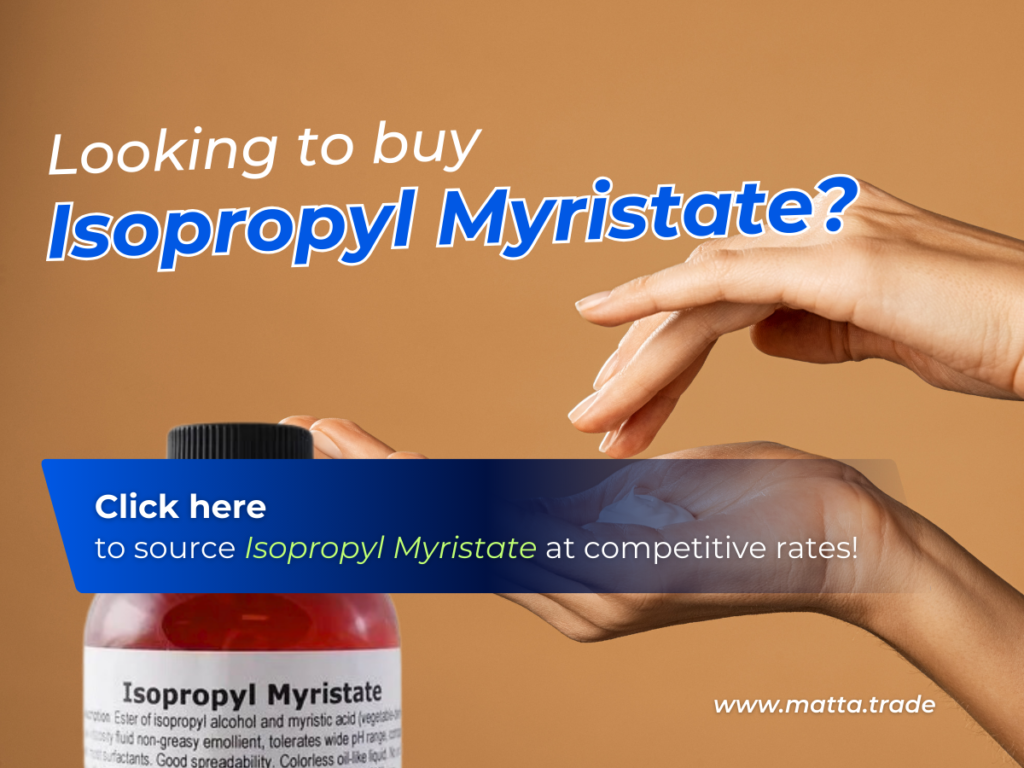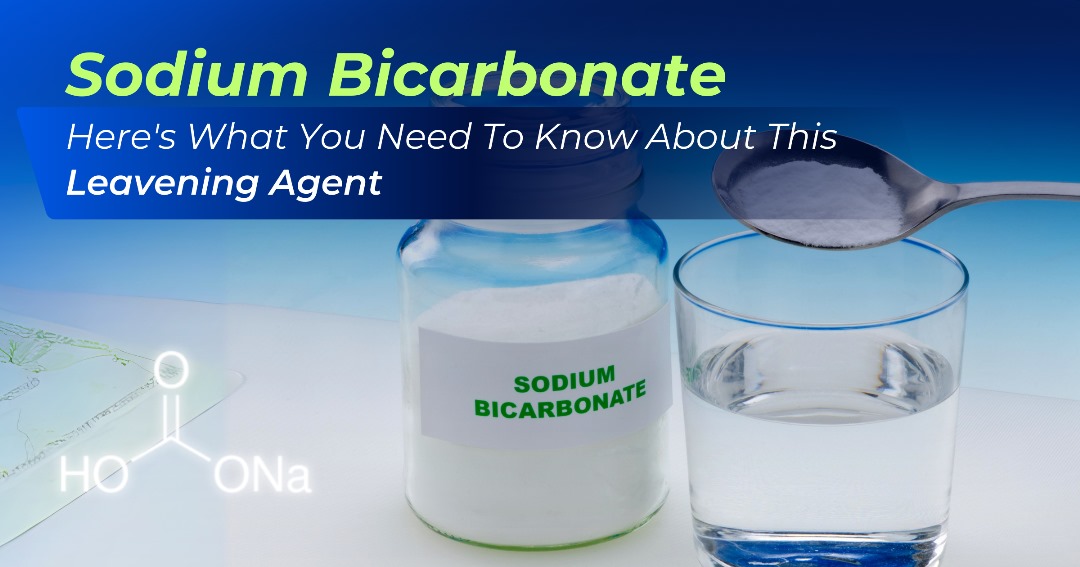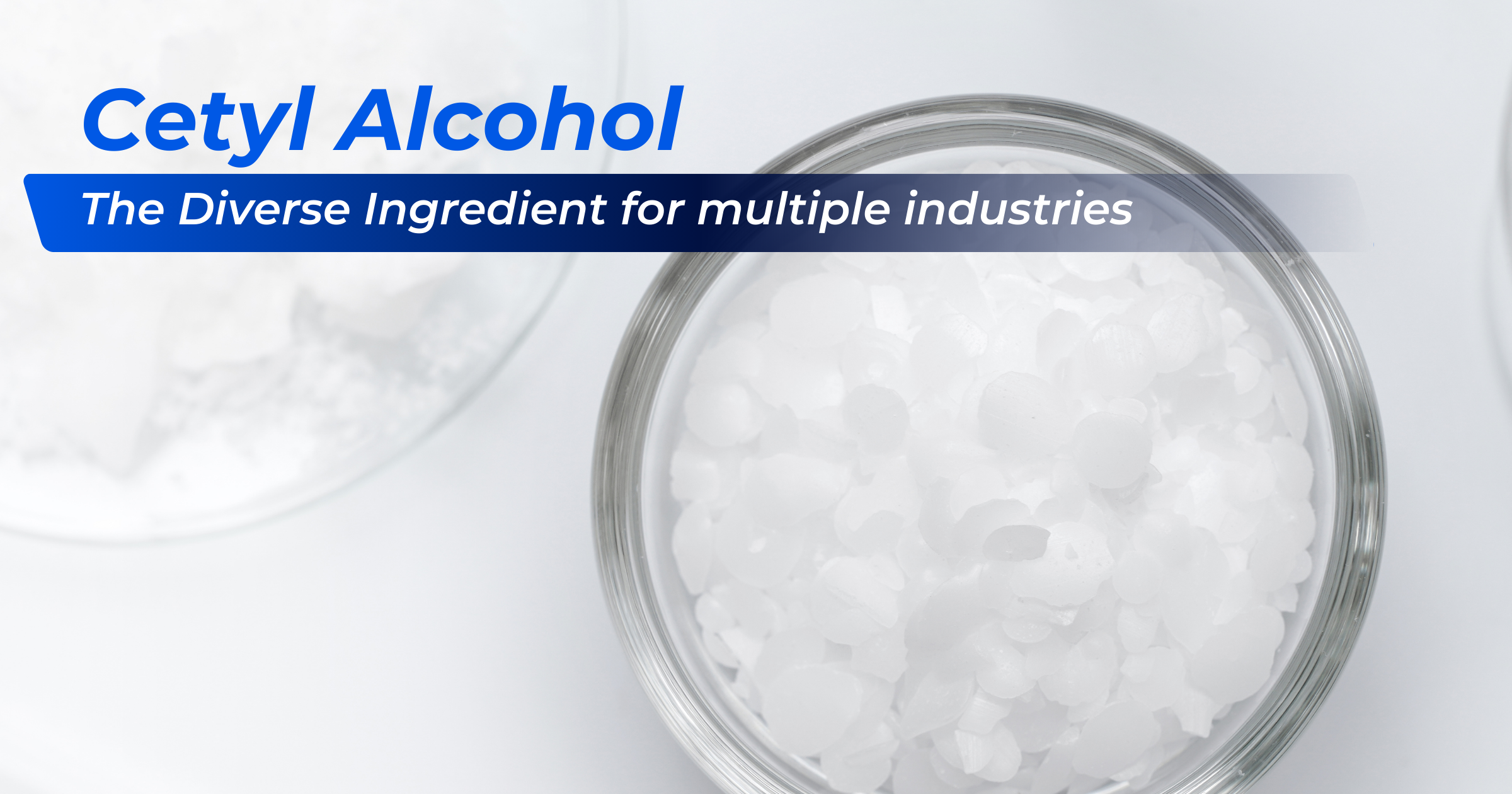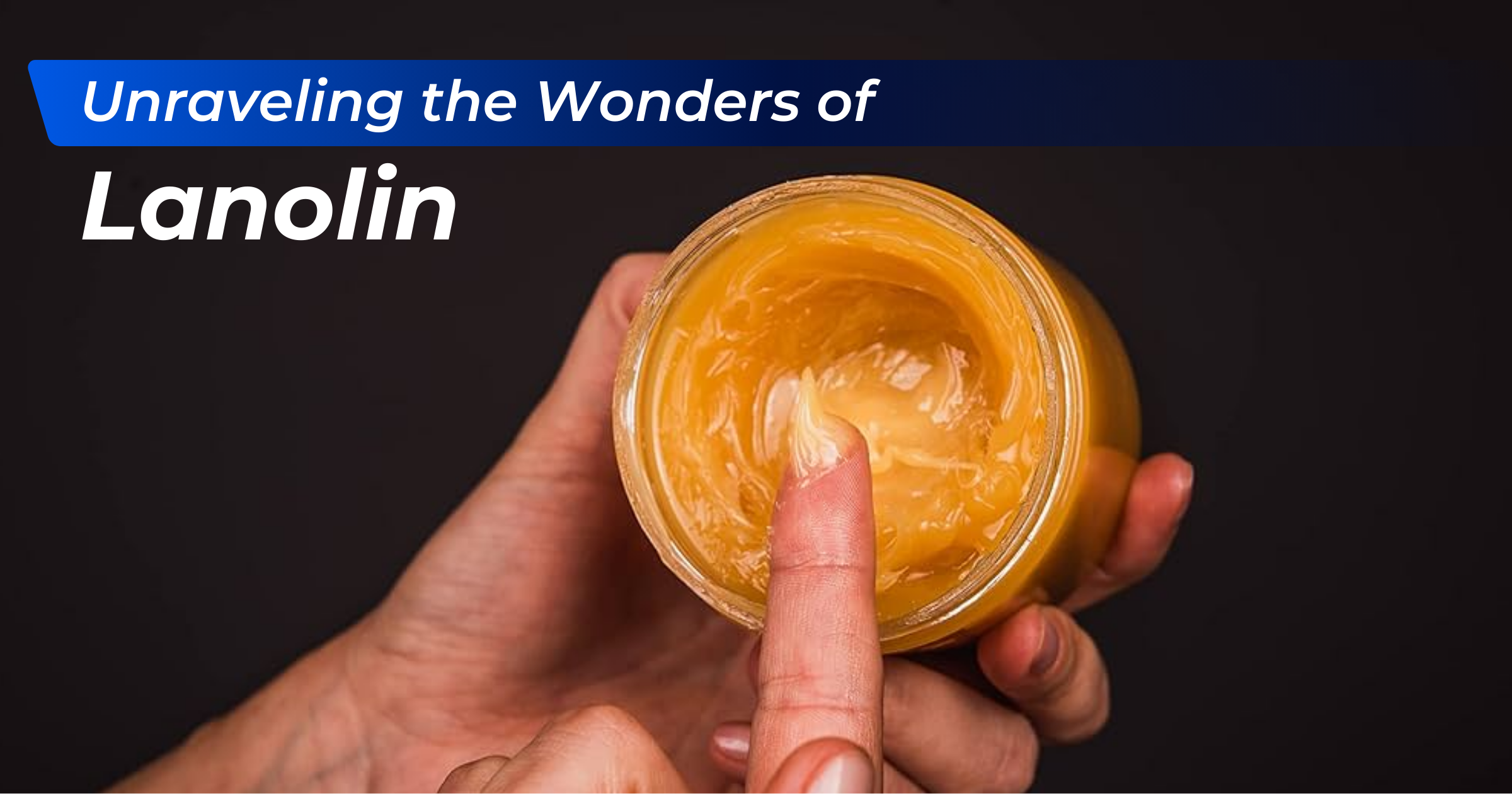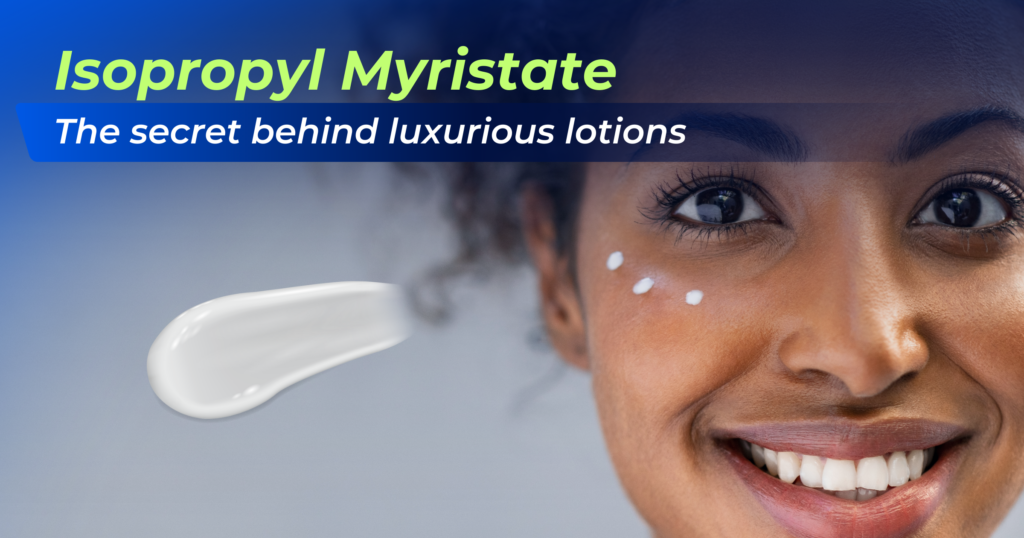
As environmental factors and daily stressors continue to challenge our skin’s health, the role of Isopropyl Myristate in skincare, especially in protective and restorative skincare. Whether you’re formulating the next best-selling lotion, investing in the burgeoning beauty market, or simply nurturing a curiosity about the ingredients behind your daily skincare regime, this article will illuminate the secret behind the efficacy and luxury of your favourite products.
Isopropyl myristate (IPM) is an ester of isopropyl alcohol and myristic acid. It is an essential ingredient used in various cosmetic and pharmaceutical formulations.
Isopropyl myristate is a widely used emollient ester in cosmetics and is one of the most common ingredients in skin and hair care products.
When applied to the skin, isopropyl myristate has excellent spreading qualities and gives products a light, non-greasy feel. It also reduces the product’s viscosity and helps the active ingredients penetrate the skin more effectively.
It’s an excellent solvent for many products, including lotions, creams, makeup, sunscreens, and hair conditioners.
This article will thoroughly explore this chemical compound to help you understand what makes IPM outstanding, from its history, applications, benefits, market value, future trends, and more.
The exploration of isopropyl myristate began in the laboratories of early 20th-century chemists who sought ingredients to enhance cosmetic products’ skin feel and stability. Derived from myristic acid, a naturally occurring fatty acid, IPM was synthesised to create a practical and versatile ester. Its introduction marked a turning point in cosmetic formulations, offering an alternative to more greasy or irritating ingredients.
Isopropyl Myristate in Skincare
From luxurious body butter to lightweight sunscreens, IPM finds its way into a diverse range of skincare products. Here are some specific examples:
- Lotions and Creams: IPM is a mainstay in these moisturisers, contributing to their smooth texture and enhanced absorption of beneficial ingredients.
- Sunscreens: IPM helps sunscreen spread evenly and adhere better to the skin, ensuring consistent protection from harmful UV rays.
- Hair Care Products: Shampoos and conditioners often contain IPM to soften hair, prevent frizz, and add shine.
- Makeup Removers: Its ability to dissolve oils and impurities makes IPM a valuable ingredient in makeup removers, leaving skin clean without feeling stripped.
At a molecular level, IPM is known for its ester structure, which gives it the ability to enhance the skin’s absorption of various substances. Its compatibility with the skin’s natural oils allows it to penetrate effectively without leaving an unpleasant residue. Its emollient properties make it an excellent moisturiser, softening and soothing the skin.
Effects of Isopropyl Myristate on the skin:
When applied, IPM forms a thin, lightweight film on the skin, locking in moisture and protecting against harsh environmental elements. This is ideal for sensitive or acne-prone skin, promoting healthier and more resilient skin over time.
IPM acts as a lubricant and skin softener, mimicking natural lipids to fill gaps and create a smooth, supple surface. Its luxurious feel helps retain moisture, leaving the skin hydrated and radiant.
Moreover, IPM’s polar nature allows it to penetrate the skin’s outer layers, enhancing the effectiveness of active ingredients like vitamins, antioxidants, and moisturizers. By transforming heavy oils into light, silky emulsions, IPM ensures lotions have a luxurious, non-greasy texture that melts into the skin without leaving a sticky residue.
IPM is a colourless, transparent liquid with very low viscosity. It is non-toxic and non-irritating. The ester is stable under normal conditions but may hydrolyse in the presence of alkalis. It is combustible, so care must be taken in handling and storage.
Isopropyl Myristate in Skincare and Cosmetics
Isopropyl Myristate is widely used in skincare and cosmetics for its exceptional moisturizing and emollient properties. Key uses include:
- Moisturizer: Its humectant properties bind water in the skin, providing long-lasting hydration for dry, cracked skin.
- Emollient: It softens and smooths rough skin by filling gaps between cells.
- Carrier: Enhances the penetration of vitamins and botanical extracts into the skin.
- Texture Enhancer: Offers a light, non-greasy feel, improving application aesthetics.
- Conditioning Agent: Coats hair and skin with a lightweight film, protecting against environmental damage.
Due to these remarkable properties, Isopropyl Myristate is a staple ingredient in moisturising creams, anti-ageing serums, hair care products, conditioners, cleansers and other cosmetic preparations. It softens skin and hair without clogging pores or irritating sensitive skin.
Other Applications of Isopropyl Myristate
Isopropyl myristate, commonly found in skincare and cosmetics, has diverse applications across several industries, making it a valuable ingredient.
Food Products: It is approved as a flavoring agent and adjuvant, enhancing the flavor profile and dispersion in baked goods, confectionery, non-alcoholic beverages, and frozen dairy products. It provides a creamy mouthfeel and is used under Good Manufacturing Practices as per FDA guidelines.
Pharmaceutical Applications: In pharmaceuticals, isopropyl myristate serves as a solvent and absorption enhancer, improving drug permeability in topical products and facilitating deep penetration in transdermal patches and ointments. It also functions as a non-aqueous binder and lubricant in tablet manufacturing.
Industrial Lubricant: This compound is utilized as an industrial lubricant, ideal for precision machinery where heavy oils could cause contamination. Its low viscosity and high stability allow for lubrication across a wide temperature range, while also protecting metal surfaces from corrosion.
Isopropyl Myristate Global Market Overview
The global IPM market is estimated to have reached USD 550.82 million in 2023, with a steady CAGR of 4.25% expected until 2028. Asia Pacific dominates the market, accounting for over 40% of the global share, primarily driven by booming cosmetics industries in China, Japan, and South Korea. Europe and North America follow closely behind.
Its key growth drivers include its emollient and thickening properties in personal care and cosmetics, along with its solvent and lubricant functions in pharmaceuticals. IPM is also used in food additives, industrial lubricants, plastics, and textiles.
However, sustainability concerns regarding petroleum-based IPM and stringent regulations in some regions pose challenges. Additionally, varying consumer preferences and regulatory frameworks affect market dynamics.
Furthermore, the Asia Pacific region, particularly China and India, dominates global production, accounting for over 70%. Major manufacturers include KLK Oleo, Mosselman S.A., PMC Biogenix Inc., IOI Oleochemical, Stepan Company, Croda International Plc., BASF SE, and Akzo Nobel N.V.
The IPM market is expected to maintain steady growth, driven by increasing demand in developing economies and continued innovation in sustainable sourcing and applications. Moreover, research and development efforts will focus on bio-based alternatives, improved safety profiles, and targeted functionalities for specific industries.
(Factors driving growth in the IPM market include increasing demand from personal care and cosmetics industries, especially in emerging economies, as well as innovations expanding the applications of IPM into lubricants, plasticisers, and surfactants. The personal care sector accounts for over 50% of global consumption).
Isopropyl Myristate in Africa
Rising disposable incomes and a growing middle-class drive demand for personal care products like moisturizers and sunscreens, which benefit from IPM’s emollient and thickening properties.
Thanks to its established cosmetics industry and strong distribution channels, South Africa leads the continent in IPM consumption.
However, local IPM production remains underdeveloped across Africa, creating opportunities for investment in infrastructure and import substitution to foster regional self-sufficiency.
The global cosmetics market is projected to reach 758.4 billion U.S. dollars in 2025, driving demand for ingredients like isopropyl myristate (IPM). This growth is fueled by emerging markets, rising incomes, and increasing beauty consciousness.
The future of IPM in Africa and Nigeria is bright. By addressing the challenges and capitalising on the opportunities, the African market can significantly contribute to the global demand for this versatile ingredient.
Understanding the nuances of these regional landscapes, from local regulations to consumer preferences, will be crucial for professional stakeholders. Companies can thrive in this promising frontier by adapting strategies and forging partnerships.
Buy Isopropyl Myristate on Matta
By 2050, more than one out of every four people in the world will be African; that number went from one out of 11 in 1960. This presents an excellent opportunity for African economies to grow. With its vast economies, Africa can position itself in global economic affairs by building sustainable economies. This opportunity drives Matta to leverage data and technology to create solutions for African industries.
Matta‘s mission is to make this opportunity a reality, and it guides every decision we make to improve the value chain of Africa’s Commodities, Raw materials, ingredients, and chemicals.
We built Africa’s premier marketplace for chemicals, raw materials, ingredients, and commodities to bring this mission to life. Connecting buyers and sellers of all the critical materials and commodities
Click here to buy Isopropyl Myristate on Matta.
Click here to request a quote for any other Chemical, Raw Material, Ingredients, or commodities.
Are you a supplier of any of these things?
Click here to sign up as a Vendor on Matta.
Wrapping Up…
Since its discovery in the 1950s, isopropyl myristate (IPM) has become a key ingredient in skincare and cosmetics. This colourless liquid offers emollient, thickening, and solubilizing properties, making it ideal for luxurious lotions, creams, soaps, and makeup.
Thanks to Africa’s growing population, which is expected to double to 2.4 billion in 2050, rising middle class, and amplified urbanization, the region has positioned itself in the beauty market, which is expected to double over the next decade.
Isopropyl Myristate (IPM) is a staple ingredient in the vastly growing African beauty industry. Though skincare remains its largest market, IPM is also used in pharmaceuticals, lubricants, and pesticides.
In summary, IPM is an essential ingredient for consumers and manufacturers, delivering both functional and sensorial benefits across industries. With ongoing innovations, the future of IPM looks promising.
We hope you enjoyed this article as much as we did crafting it!
